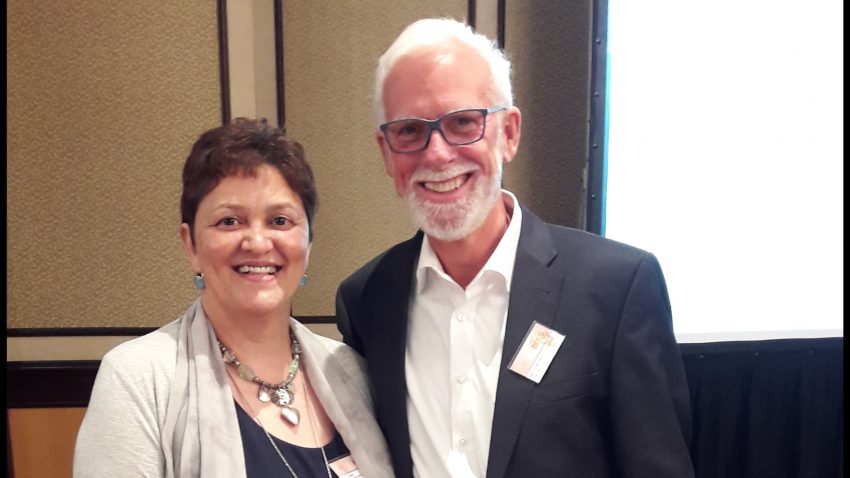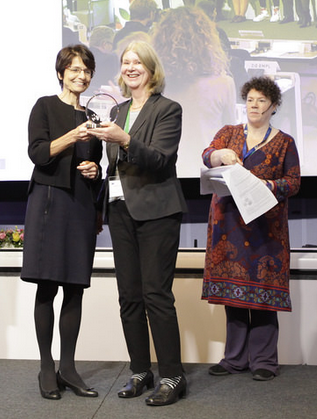The article ‘Agricultural education in the Netherlands: from crystallizing to dissolving?’, of M. Mulder and H.J.A. Biemans, is just published. It goes into the recent national policy developments regarding agricultural education, or ‘green education’ as it is called, in the Netherlands. The Dutch government has decided to move the governmental responsibility to the Ministry of Education. This historic change may be good in terms of administrative efficiency, but it may be disastrous in terms of quality and effectiveness. Time will learn if green education, including Wageningen University, is sufficiently resilient to maintain its extremely high reputation.
Full reference: Mulder, M. & Biemans, H.J.A. (2018). Agricultural education in the Netherlands: from crystallizing to dissolving? The Journal of Agricultural Education and Extension, 24(1), 1-5.
Download paper here: 2018 Mulder & Biemans – Agr Ed i t Neth from cr to diss – JAEE


